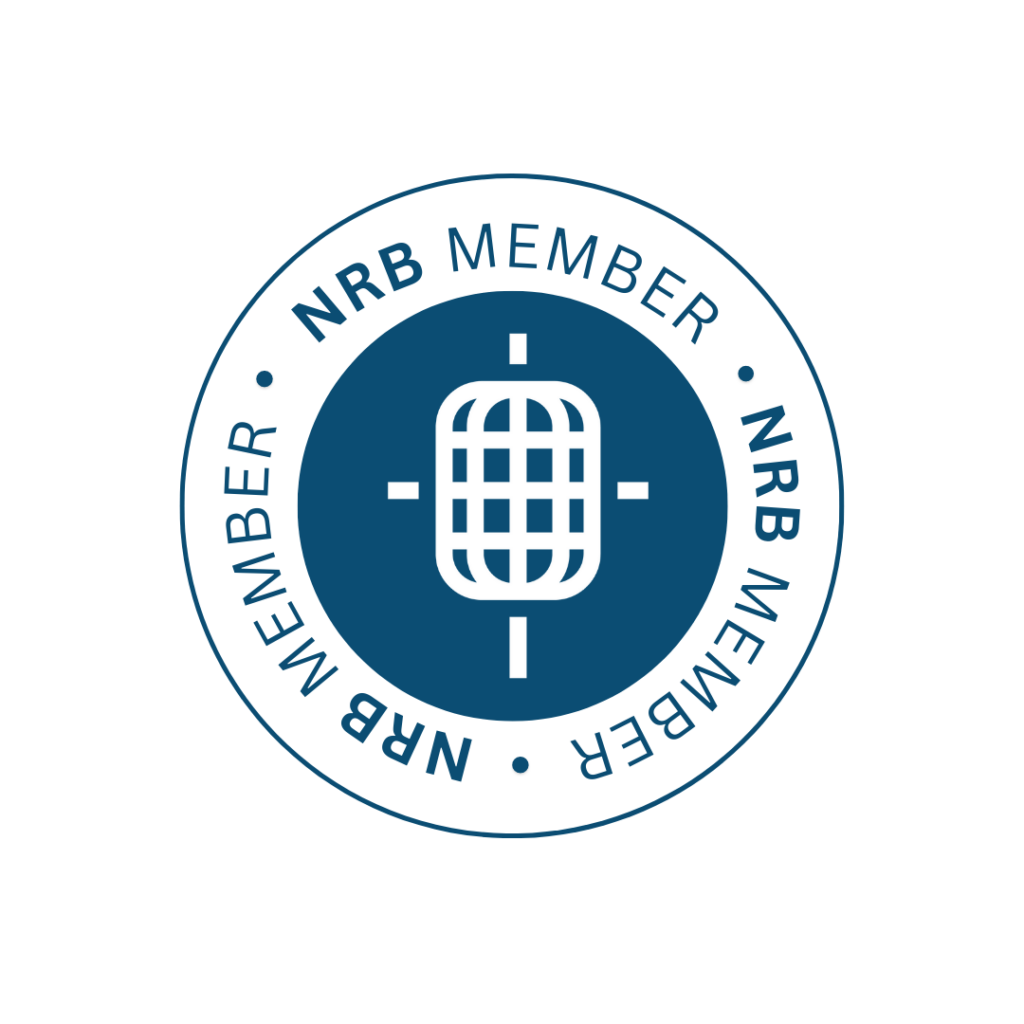In Search of Practical Wisdom?
Perhaps it began at the beginning of the Renaissance. We traded our search for wisdom to a search for knowledge. We went from our ability to live with ambiguity – faith if you will – to seeking out the answers.
Somehow we think that if we study hard enough all the right books, listen to the right people that we’ll have the knowledge we need to make decisions without fear of failure.
Yet in today’s increasingly complex world, I would argue that we already know too much. And more knowledge isn’t helping us to make good decisions. It’s often times keeping us from making the right decisions. That’s why I think that what we need more than anything else is practical wisdom.
What is practical wisdom?
I think perhaps the best definition is the ability to discern or judge what is true, right, and lasting in our everyday lives. Wisdom is often thought of as an ethereal concept. Something that‘s theoretical and abstract. Practical is about the everyday things.
The ancient Church reckoned practical wisdom or prudence one of the four Cardinal Virtues. I’ve always been intrigued by the decision of Solomon to ask for wisdom above anything else when God asked him how He could bless him.
He didn’t ask for money or fame or even power. He didn’t even ask for all the right answers. He didn’t ask for knowledge. He asked for wisdom. He asks for the ability to make the right decisions.
And the power of wisdom is that it allows you to make decisions when you don’t have all the answers – when there are gaps in your knowledge. It matches what you believe with what you do. One book suggests it’s “the right way to do the right thing.”
When we have choices that come at us at the speed of light and we don’t have the benefit of having all the answers at our fingertips. It’s only by the application of practical wisdom that we’ll be able to make the right choice.
Instead of seeking more knowledge for the sake of knowledge I should be pursuing wisdom and the ability to do the right thing the right way. How about you?
Related articles
-

CEO Expectations of a Director of Development
Did you know the national average for a director of development’s tenure with a nonprofit is only 18 months? Why…
-
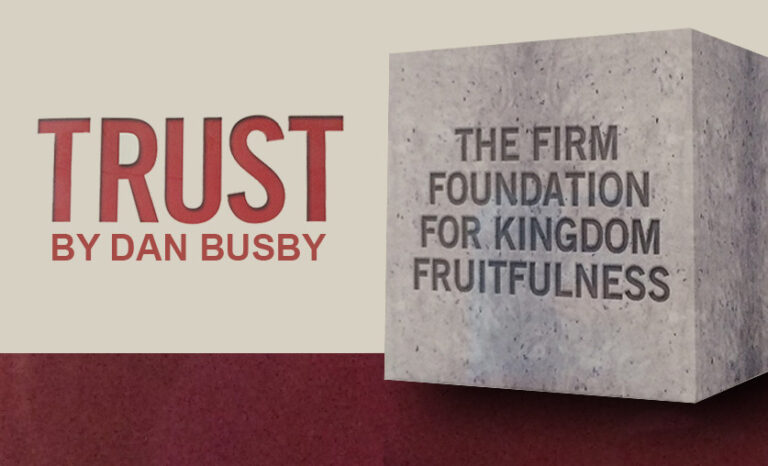
The Value of “Trust”
In any fundraising effort, the crux of every invitation to donate is based on trust. Trust that the organization’s leadership…
-
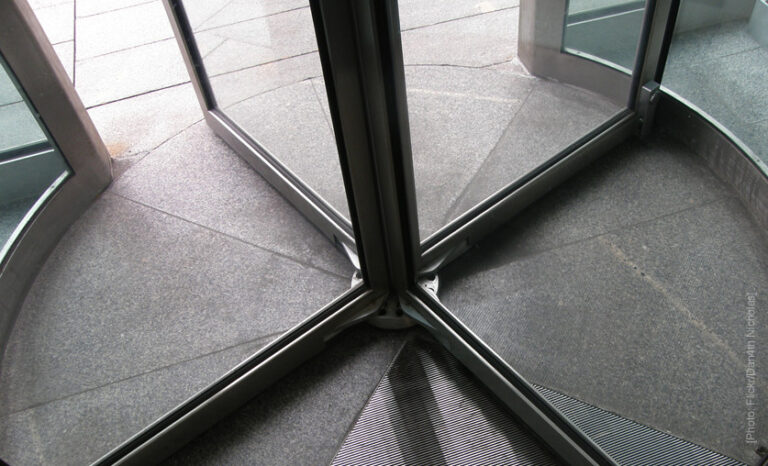
Slowing the Revolving Door in the Development Office
“The person I just met with was asking for funds for a ministry that he said is the most important…




